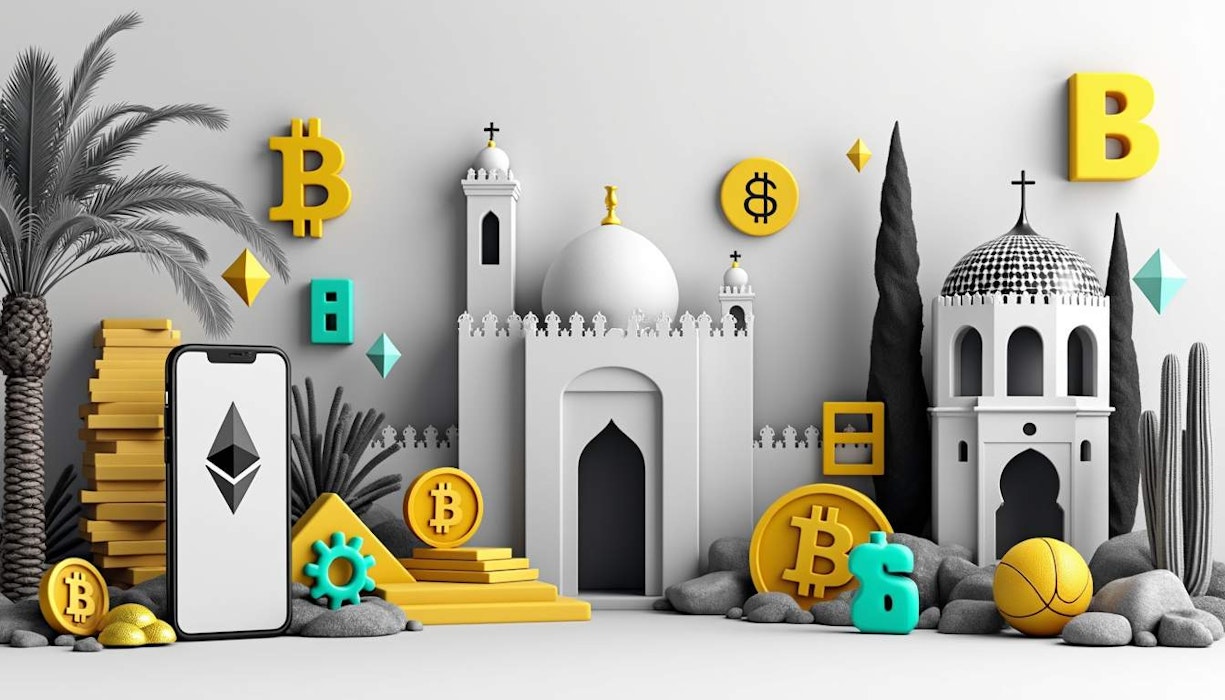What is Morocco's new stance on cryptocurrency regulation?
Morocco is poised to implement a legal framework to regulate crypto-assets, a move led by the Governor of Bank Al-Maghrib (BAM), Abdellatif Jouahri. This framework is designed to manage cryptocurrency usage while also encouraging financial innovation. It follows G20 recommendations and is oriented toward mitigating financial risks linked to crypto-assets.
After BAM’s Council meeting, Jouahri clarified that the objective is to regulate crypto-assets without stifling innovative potential. The framework has been crafted with assistance from the International Monetary Fund (IMF) and the World Bank and includes input from national and international institutions, alongside economic stakeholders.
How does Morocco strike a balance between innovation and regulation?
Morocco's strategy is defined by its balanced and forward-looking approach. In contrast to numerous developing nations that have implemented strict bans on cryptocurrencies over concerns related to fraud, money laundering, and religious beliefs, Morocco is moving from a 2017 crypto ban to a regulatory framework. This transition aims to blend innovation with consumer protection and financial stability.
"We want to regulate the use of crypto-assets without hindering the innovation that may arise from this ecosystem", said Jouahri. This indicates Morocco's drive to foster an environment that promotes innovation securely. The framework is built to safeguard consumers, deter financial crimes, and stabilize markets, thereby encouraging innovation.
How does international cooperation factor into Morocco's crypto regulation?
International cooperation is integral to Morocco's regulatory framework. The development of the framework involves contributions from various national and international partners, notably the IMF and the World Bank. This collaborative nature demonstrates Morocco's aim to meet global standards, such as those from the Financial Stability Board (FSB) and the G20.
According to Jouahri, the commitment to engage all relevant bodies was vital to the framework's creation. This collaboration not only boosts the framework's credibility but also positions Morocco as a leading nation among developing countries in crypto regulation.
What implications will Morocco's regulations have on local and global crypto markets?
Morocco’s regulatory framework is likely to have a substantial impact both locally and globally. By establishing clear regulations, Morocco seeks to confront the economic and financial complexities introduced by digitalization. This regulatory framework aims to establish Morocco as a pioneer among developing nations in crypto regulation.
A study published in 2023 by Insider Monkey rated Morocco 13th among the top 20 nations for Bitcoin utilization, while Chainalysis ranked the country 20th globally in crypto usage. These rankings underscore a robust demand for cryptocurrencies in Morocco, which the new framework aims to harness and manage.
What are the potential advantages and disadvantages of Morocco's crypto framework?
Potential Advantages
-
Financial Inclusion and CBDCs: Morocco is not only legalizing cryptocurrencies but also plans to introduce a Central Bank Digital Currency (CBDC), known as the "e-Dirham." This aims to bolster financial inclusion and modernize Morocco's monetary systems, offering a secure and cost-effective method for small businesses involved in international trade.
-
Alignment with Public Policy: Morocco's regulatory approach aligns closely with public policy objectives, including enhancing financial inclusion, curbing financial crimes, and ensuring market stability. This positions it differently from countries like El Salvador and the Central African Republic, which have made Bitcoin legal tender but are grappling with issues of volatility, internet access, and socioeconomic disparities.
-
Education, Infrastructure, and Cybersecurity: The framework emphasizes public education, the establishment of reliable technology, and robust internet access, particularly in rural regions. This focus on foundational infrastructure is critical for integrating cryptocurrencies into the economy.
Potential Disadvantages
-
Regulatory Hindrances: While the goal is to promote innovation, excessively stringent regulations could constrain market growth. Finding the right balance between regulation and innovation is essential to keep the ecosystem dynamic.
-
Historical Context: Morocco’s previous ban on cryptocurrency transactions in 2017 stemmed from concerns over fraud, money laundering, and terrorism financing. Despite the ban, underground crypto activities persisted, indicating significant demand. The new framework must navigate this historical context to avoid pushing activities underground again.
-
Implementation and Adaptability: The framework's effectiveness hinges on its implementation and the ability of regulators to adapt to the rapidly changing crypto environment. This includes staying flexible in order to adopt internationally coordinated standards as they evolve.
Summary
Morocco's new crypto framework reflects a thoughtful balance of regulation and innovation, supported by international collaboration. Its success will be contingent upon careful implementation and adaptability, ensuring it does not become overly restrictive. By tackling the complexities posed by the digitalization of monetary systems, Morocco seeks to lead among developing nations in the crypto regulatory landscape.
